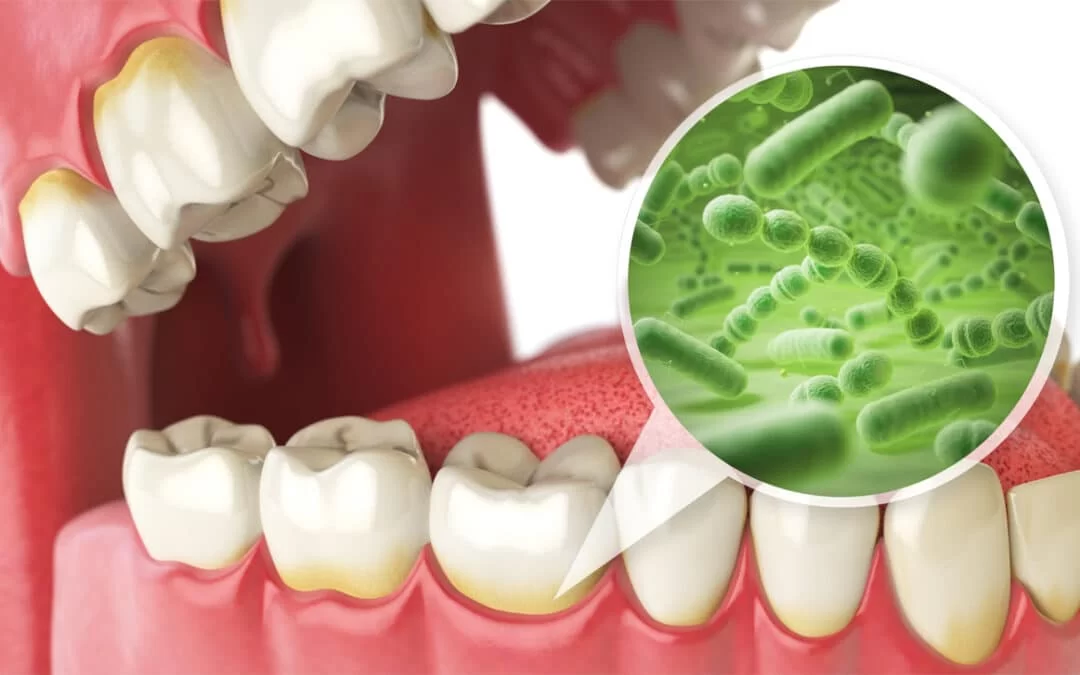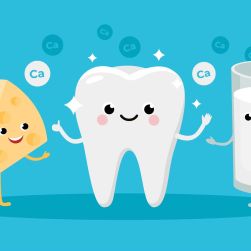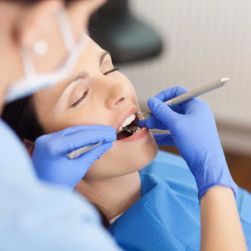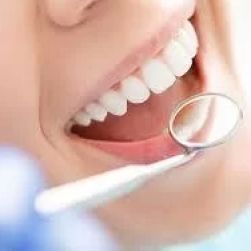How to Manage the Impact of Oral Bacteria on Overall Health
- What Are Oral Bacteria?
- The Connection Between Oral Bacteria and Overall Health
- How to Manage Oral Bacteria Effectively
- Real-Life Impact of Poor Oral Hygiene
- Preventive Tips for Maintaining Oral Health
What Are Oral Bacteria?
Oral bacteria are microorganisms that naturally reside in your mouth. While many of these bacteria are harmless, others can lead to serious oral health problems such as gum disease, cavities, and bad breath. The key to managing the impact of oral bacteria is maintaining a balance—ensuring that harmful bacteria don't overpower the good ones.
The Connection Between Oral Bacteria and Overall Health
The state of your oral health is not just about your teeth and gums—it directly affects your overall health. Research has shown that oral bacteria can travel through the bloodstream, potentially contributing to serious health conditions such as heart disease, diabetes, and respiratory infections. For example, bacteria from gum disease can enter the bloodstream and inflame blood vessels, leading to an increased risk of heart disease.
Understanding this connection emphasizes the importance of managing oral bacteria. Keeping your mouth clean and free from excess harmful bacteria is not only essential for preventing tooth decay but also crucial for protecting your overall health.
How to Manage Oral Bacteria Effectively
Managing oral bacteria involves a combination of regular hygiene practices and lifestyle choices. Here are some effective strategies:
- Brushing and Flossing: Brushing your teeth twice a day and flossing daily helps remove food particles and plaque, which harbor bacteria. Use fluoride toothpaste to strengthen tooth enamel and protect against decay.
- Mouthwash: An antimicrobial mouthwash can reduce the bacteria in your mouth. Choose one that fights gingivitis and bad breath.
- Dietary Adjustments: Limit sugary foods and drinks, as they fuel bacteria growth. Incorporating a balanced diet rich in fruits, vegetables, and fiber helps maintain oral health.
- Regular Dental Check-ups: Routine dental visits are essential for detecting early signs of bacterial infections, like gum disease, and getting professional cleanings to remove plaque buildup.
By adopting these habits, you can effectively manage oral bacteria and prevent long-term health issues.
Real-Life Impact of Poor Oral Hygiene
Poor oral hygiene can have severe consequences on your overall health. A case study of a 45-year-old individual revealed that untreated gum disease led to chronic inflammation, which significantly increased their risk of developing heart disease. Another example is a 60-year-old diabetic patient who struggled with high blood sugar levels due to bacterial infections in the gums.
These cases highlight how oral bacteria, if left unmanaged, can contribute to systemic issues. Maintaining proper oral hygiene not only protects your teeth but also helps prevent these broader health risks.
Preventive Tips for Maintaining Oral Health
To prevent oral bacteria from causing harm, here are some practical tips:
- Stay Hydrated: Drinking plenty of water helps wash away food particles and bacteria from the mouth, keeping your oral environment balanced.
- Quit Smoking: Smoking is a major contributor to gum disease and bad breath. Quitting will significantly improve your oral and overall health.
- Chew Sugar-Free Gum: This can stimulate saliva production, which naturally helps clean your mouth and neutralize acids produced by bacteria.
- Use a Tongue Scraper: Bacteria can accumulate on your tongue, leading to bad breath and potential infection. Scraping your tongue daily can help reduce this buildup.
These preventive measures are simple yet highly effective in reducing the impact of oral bacteria on your overall health.
If you’re looking for personalized advice or need help improving your oral hygiene routine, visit Dentistry Toothtruth for expert tips and recommendations.






